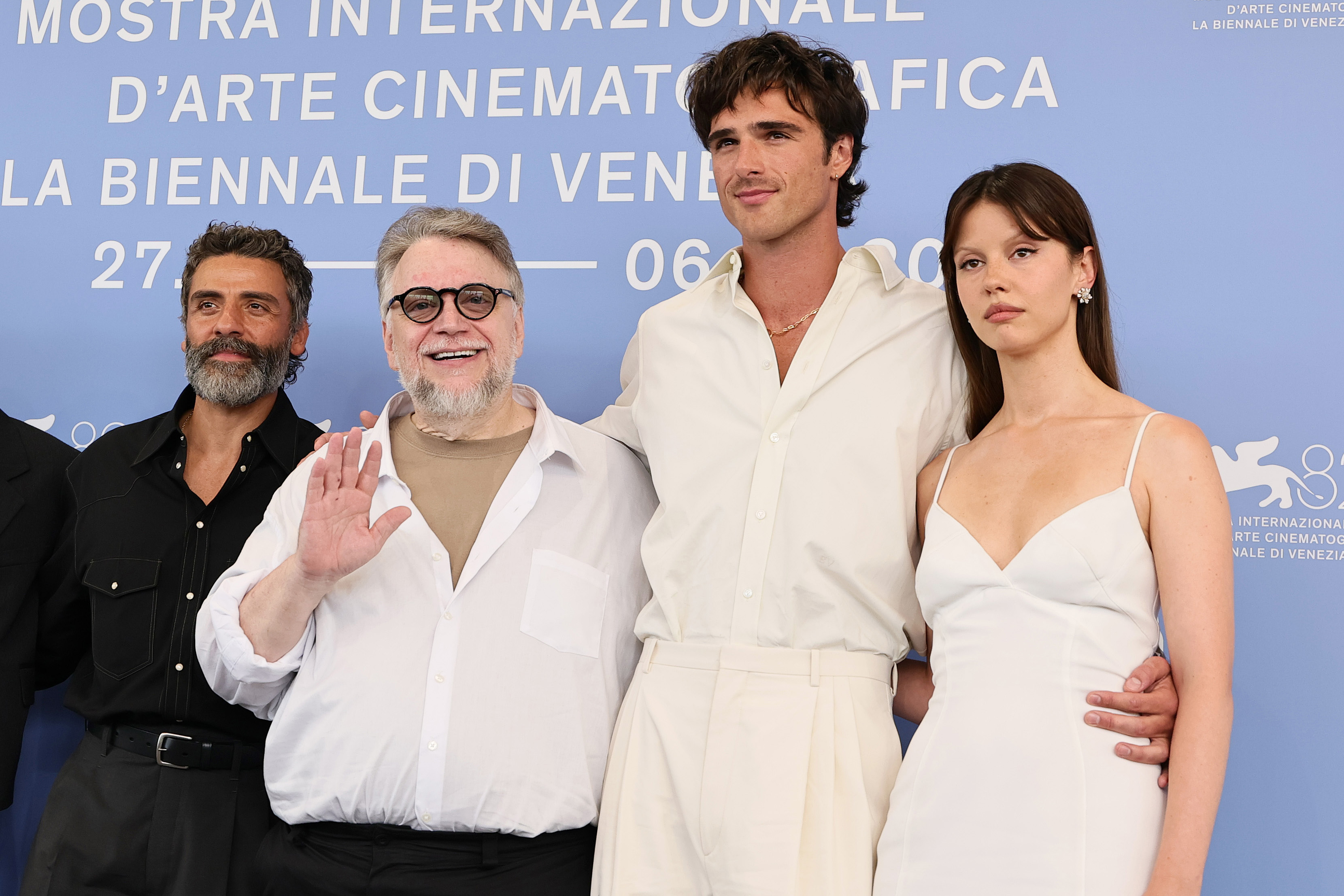Arthur Schnitzler’s novella “Late Fame” chronicles the renewed attention an erstwhile poet receives from a circle of young aspiring artists. One wintry eve, Eduard Saxberger comes home to his apartment to find an eager Wolfgang Meier itching to praise his name. Meier informs Saxberger that he read his slim collection of poetry, written and forgotten 30 years prior, and shared it with his “Enthusiasm Society” of ambitious writers. Meier encourages Saxberger to join the group, who are in the midst of organizing a reading that will debut their talents to Vienna. Flattered and reinvigorated by their admiration, Saxberger hangs around the young crowd and lets himself believe that he finally might be on the brink of recognition.
Written in 1895 but translated and published within the last decade, “Late Fame” dramatizes writerly neuroses through a portrait of generational difference. Saxberger had long since abandoned the artist’s life for a civil servant job and middle-class friends when Meier “rediscovers” him. But the moment he dips a toe into an artistic ecosystem, albeit one populated by affected, prematurely bitter contrarians, he embraces his role as elder statesman and becomes emboldened by their respect. Even though their lives couldn’t be farther from his own, Saxberger becomes infected by their creative enthusiasm, as well as riddled with a youthful self-doubt and restlessness.
Director Kent Jones and “May December” screenwriter Samy Burch update and contemporize Schnitzler’s novella for the big screen while otherwise remaining doggedly faithful to its emotional and thematic anxieties. Much like Stanley Kubrick and Frederic Raphael did with Schnitzler’s “Dream Story” for “Eyes Wide Shut,” they shift the Austrian-set story to modern-day New York, but exchange that film’s psychological menace with a wistful melancholy. Willem Dafoe stars as Saxberger, a post office employee whose fleeting literary heyday is 50 years behind him. He still lives downtown, but the towering figures and the iconic haunts from his gritty 1970s youth have been gentrified out of existence. Dafoe, who similarly moved to New York in the mid-’70s, imbues Saxberger with the personality of a graceful, aging urbanite, someone who clearly ran away from his past as a young man before becoming an intractable part of his environment.
With the Enthusiasm Society in “Late Fame,” Schnitzler satirized the Young Vienna collective, a group of writers experimenting with Modernism at the turn of the century. He gently pokes fun at his peers’ disdain for careerism and trendiness while concealing the quality of his fictional characters’ actual literary efforts. Burch attempts something similar in her screenplay, mostly with success, by turning her eye to a group of twenty-something trust-fund kids who wish to instill contemporary culture with a more refined literary sensibility, one that had basically gone the way of the dodo long before they were even born.
Proudly pretentious and opinionated, the Enthusiasm society in the film define themselves against their phone and social media-addicted peers. They look up to the artists they’ve read (or heard about) and view Saxberger as a connection to that bygone world. They’re the kind of people who claim they’re essayists not critics, because they’re just glorified influencers, without a hint of irony. Meanwhile, Saxberger sees them as delightful oddities, children happily stuck out of time. Neither Jones nor Burch take predictable digs at the expense of the Enthusiasm Society, at least for a while. In fact, “Late Fame” largely walks an impressive line of depicting their affectations and snobbery with sensitive respect while also affectionately rolling their eyes at them.
Take the group’s leader Meyers (Edmund Donovan), who finds Saxberger and introduces him and his out-of-print poetry collection to the group like his literary counterpart. He speaks in declarative sentences without relying on “um’s” or “like’s,” lives in a lavish apartment paid for by his parents, and dresses impeccably. In a worse film, he would have been an instant target of derision. Instead, the co-authors of “Late Fame” both hold him in some regard, appreciating that he at least channels his time and money into art. Saxberger approvingly notes to a buddy who hangs out at a local dive bar that he admires that Meyers doesn’t conceal his wealth or affect the language of poverty like the poseurs from his youth.
The theatrical Gloria (Greta Lee), a mysterious working actress who hangs with the Enthusiasm Society boys, also finds them charming and fun, playing into their shared idea of her as a worldly figure. Saxberger quickly sees Gloria as a kindred spirit, innately sensing that her always-on-stage personality masks genuine hustle and dedication that the other guys don’t really need. Lee lends Gloria a showy persona that would inevitably grate coming from a less skilled actress; she embodies a familiar archetype without reducing her to a two-dimensional cliché. Her true gift, however, lies in concealing her character’s reserves of knowhow and, predictably, despair that only fitfully reveal themselves. Burch’s script similarly deserves credit for not characterizing her as a secret basket case. She’s merely someone chasing a dream and, like Saxberger, running away from something undefined.
Meyers and his clan use Saxberger and Gloria for their grandeur and supposed authenticity; in turn, they’re aware they’re being used but are happy to play the part in exchange for their approval. Dafoe sells his character’s joyful surprise that his work has possibly been reclaimed with aplomb; he enjoys feeding off the energy of his young compatriots, especially because they don’t share the reflexive cynicism and philistinism of his barfly friends. Saxberger buys into the idea that he might be on the verge of late renown. It’s only when he agrees to an awkward meeting with a curious literary agent, played by a smirking Jake Lacy, set up by Meyers that he starts to perceive the naïveté and self-deluded folly of the Enthusiasm Society. They erroneously believe art just appears rather than being produced from toil and sweat.
Jones’ film and Schnitzler’s novella both chronicle Saxberger’s eventual disillusionment with the group following a disappointing experience at their big reading. “Late Fame” adeptly depicts the reading itself as a mixed bag immediately recognizable to anyone who has ever attended or participated in a literary event, i.e., a low-key, competent affair on the one hand and a behind-the-scenes mess on the other. Yet, the film fumbles its previously nuanced characterizations in the final act. The group devolves into snide hypocrisy, just another hollow group of fake rich kids instead of motivated aesthetes, and Gloria turns into a dime-a-dozen troubled actress. The film follows Schnitzler’s narrative closely, essentially ending in the exact same place, and yet the source material somehow feels truer than its adaptation, which possibly can’t shed itself of a certain sourness intrinsic to its modern context. Measured depictions slightly curdle into trite stereotypes, in other words.
The film never goes off the rails even when some flaws become impossible to ignore in the home stretch. (You can set your watch to when a family drama detailed via phone calls and voicemail will reach its foreseeable conclusion.) What saves “Late Fame” at almost every turn is Jones’ direction, which infuses even simple dialogue scenes with breezy maturity and palpable longing. Jones sometimes flexes with thrilling experimental flourishes — the film opens with scratchy archival downtown footage scored by raucous punk, which captures in miniature a city that no longer exists — and fills the soundtrack with readings of beautiful poetry that once inspired a young Saxberger. But “Late Fame” stuns even in its unflashy moments when it’s merely observing an evolving city in motion, with photographer Wyatt Garfield infusing modern Manhattan with a casual, abiding dignity.
“Late Fame” bleeds a hard-earned wisdom that can only be exhibited by someone who has spent decades working in the arts. “And it seemed to him that he was returning from a short, troublesome journey to a home that he had never loved but in which he now rediscovered the soft and muffled comforts of before,” writes Schnitzler near the end of his novella. Whether or not Jones has ever felt that way is unclear, but he projects that level of sage insight into every image of his sophomore narrative feature.
Grade: B+
“Late Fame” world premiered at the 2025 Venice Film Festival. It is currently seeking U.S. distribution.
Want to stay up to date on IndieWire’s film reviews and critical thoughts? Subscribe here to our newly launched newsletter, In Review by David Ehrlich, in which our Chief Film Critic and Head Reviews Editor rounds up the best new reviews and streaming picks along with some exclusive musings — all only available to subscribers.



